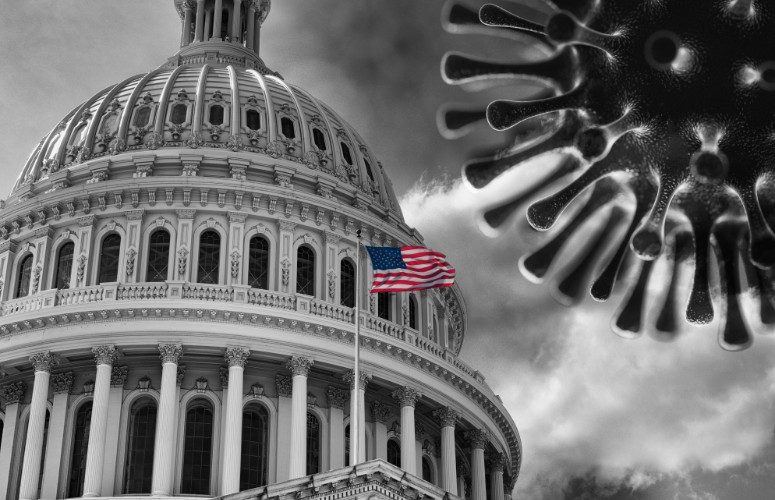
COVID-19 & the New Bankruptcy Law
The SBRA has been amended as part of the “CARES” Act, allowing more small businesses to utilize the Chapter 11 process.
On Jul 9, 2020The impact of COVID-19 and the ensuing governmental shutdown orders for businesses has been swift and crushing. Chapter 11 bankruptcy, however, has long been a complex and expensive process, beyond the reach of smaller companies with insufficient resources to plod through a cumbersome reorganization process. Step in The Small Business Reorganization Act of 2019 (the “SBRA”), which was signed into law by the president in August 2019, and which, fortuitously, took effect on February 19, 2020. The SBRA enacted a new subchapter V of Chapter 11 of the Bankruptcy Code, which provides the opportunity for small businesses with debt not exceeding $2,725,625, to reorganize.
The SBRA was amended on March 27, 2020 as part of the Coronavirus Aid, Relief and Economic Security (“CARES”) Act. The amendment encourages even more companies to utilize the Chapter 11 process. The CARES Act raised the debt limit to $7.5 million for a one-year period, after which the debt cap goes back down to the original limit, unless further action is taken by Congress.
Chapter 11 provides debtors with a period of repose to stabilize operations, garner financing and propose plans of reorganization, which must be confirmed by the court. Prior to enactment of SBRA, small businesses were faced with a Chapter 11 plan confirmation process that was long, arduous and expensive.
These impediments have largely been removed by the enactment of the SBRA. This statute outlines a new process that provides small business debtors with a streamlined path to reorganization, modifying the usual procedures in Chapter 11 cases in several respects:
A committee of unsecured creditors is not generally appointed;
A plan must be filed within 90 days of bankruptcy filing;
A disclosure statement is not required to be filed with the plan;
A plan can be confirmed without the support of impaired creditors;
Owners can retain their interest in a debtor company, if disposable income generated by the debtor is allocated towards payments to creditors, even if such payments are nominal; and
The SBRA does not allow for a competing or hostile plan to be filed by creditors – plans are exclusively filed by debtors.
These and other significant changes make the path to reorganization substantially easier for companies in financial distress. The SBRA, as amended by the CARES Act, now provides a more cost-effective tool for a wide range of companies – whether a small mom and pop pizzeria or a regional plumbing supply company – to financially recover post-COVID-19.
About the Author
Joseph H. Lemkin is a shareholder of Stark & Stark (www.stark-stark.com) in Princeton and member of the firm’s Bankruptcy & Creditors’ Rights Group.
To access more business news, visit NJB News Now.
Related Articles:





